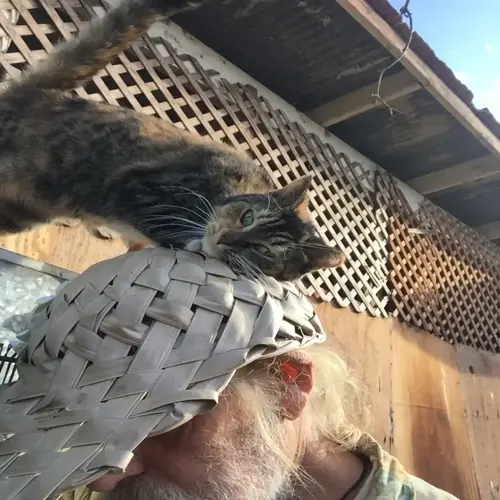Is there truly such a thing as a disloyal dog breed?

Written by
Robert Brown
Reviewed by
Prof. David Walsh, Ph.D.The notion of disloyal breeds is an unfortunate misconception that has no basis in fact whatsoever. Loyalty is a learned characteristic arising from standard training, proper socialization, and the strength of the human-animal bond. Breed Specific rescues over and over again demonstrate the fact that "rehabilitation of these foolishly misunderstood animal friends always results in devoted attendance of the dogs by their human friend. This holds true in every breed, with no exceptions found.
Loyalty within breeds is displayed differently based on their historical purposes. The scent hounds show loyalty by hunting cooperatively rather than being attentive. The livestock guardians show their loyalty by being vigilant and protective. Understanding these differences is crucial to avoid misinterpreting some of these behaviors as disloyal. All dogs develop attachments to their owners when treated with the proper respect.
Bond Development
- Consistent daily routines creating security
- Positive reinforcement during training sessions
- Respect for the dog's communication signals
- Regular play meeting breed-specific needs
- Quiet companionship without demands
Trust Establishment
- Predictable responses to behaviors
- Avoiding punishment-based corrections
- Meeting all physical and mental needs
- Protection from stressful situations
- Gradual exposure to new experiences
Breed-Appropriate Expression
- Recognizing guarding breeds show loyalty through protection
- Understanding scent hounds demonstrate loyalty cooperatively
- Appreciating independent breeds bond selectively
- Acknowledging companion breeds show constant attachment
- Valuing all loyalty expressions equally
Daily, rescue organizations debunk the myths of disloyalty and rehabilitate the dogs who are stigmatized for showing a high degree of loyalty. The dogs that were termed the "difficult" dogs become service animals and therapy companions. This is achieved through patient training and relationships. A dog's ability to be loyal cannot be determined solely by breed.
Understanding the characteristics of individual dog species is how loyalty is formed. Watch how your dog regularly expresses his feelings of connection. Respect its means of communication; do not force it. Learn to trust by consistently fulfilling their requirements reliably. This will ultimately develop great loyalty, irrespective of breed.
Think about adopting from breed-specific rescues to personally experience dog loyalty. Organizations like these carefully match dogs with homes and owners who complement each other. This bond between the dog and its owner will dispel all notions of disloyal breeds. Your open mind allows the deserving canine friends to make their world with a life of difference.
Read the full article: Breed Specific Rescues: Ultimate Adoption Guide

